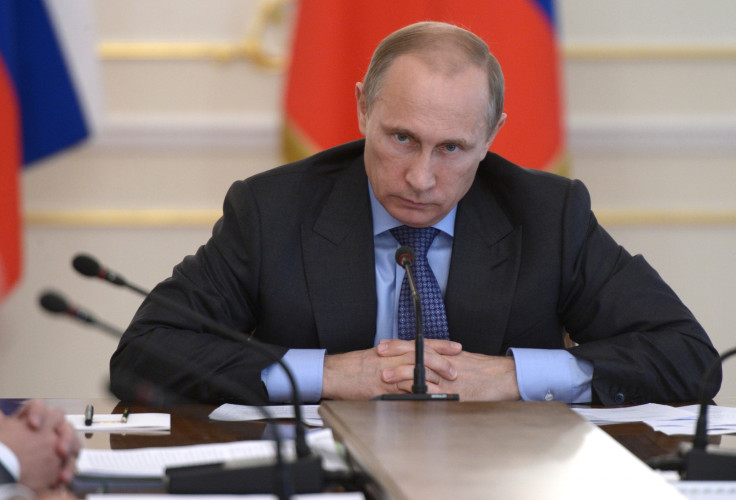Vladimir Putin's Ukraine Adventure Leads to Exodus of Russian Money and Talent

Russia's annexation of Crimea and its actions in eastern Ukraine have exacerbated the exodus of money and talent from the country.
Relations between Moscow and the West have plunged to their lowest point since the end of the Cold War and the collapse of the Soviet Union.
The United States and European Union imposed tough economic penalties on entire sectors of Russia's economy in late July, targeting the finance, defence and energy sectors.
Moscow retaliated by imposing a year-long ban on most foods from the US, EU, Canada, Norway and Australia.
Russia's economy, previously one of the world's fastest growing, has flatlined as capital flight took hold.
"Somewhere between $100bn and $200bn of capital flight has taken place," said President Obama in August.
For its part, Russia's economy ministry has forecast $100bn in capital outflow for 2014, but most analysts seem to think that is an overly optimistic assessment.
Simultaneously, Russia has witnessed an increase in human capital flight over the past two years, since Vladimir Putin re-emerged as the country's president.
Official statistics service Rosstat said 186,382 people moved abroad in 2013, while 122,751 emigrated in 2012 - a huge increase on the 36,774 and 33,578 in 2011 and 2010 respectively.
With the economy struggling, many expect to see an increase in the number of people emigrating from Russia in 2014.
"I have seen an increase in queries from Russian high-net-worth individuals, where they're looking to have a safe haven if things go wrong in Russia," said Squire Patton Boggs LLP's Supinder Sian, quoted by Reuters.
The demographic shift echoes the brain drain that followed the collapse of the Soviet Union in the early 1990s.
© Copyright IBTimes 2024. All rights reserved.






